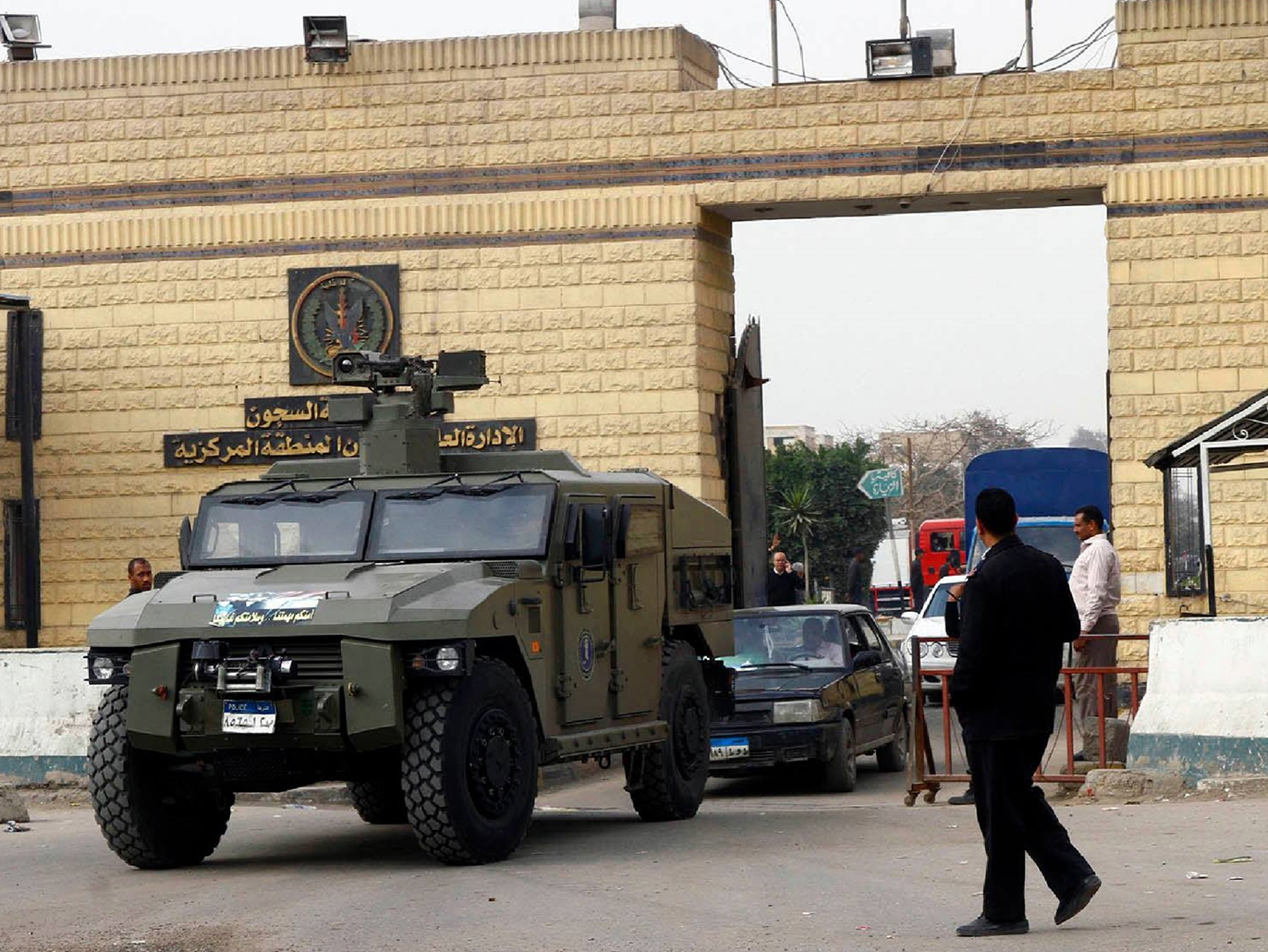The Egyptian foreign ministry announced, on Tuesday, that Egypt had signed the final statement of the 41st Gulf Cooperation Council Summit held in Ola city in the Kingdom of Saudi Arabia. The final statement of the summit included the termination of the siege and boycott of Qatar launched by Saudi Arabia, the Emirates, Bahrain and Egypt on June 5, 2017. “The Foreign Minister Sameh Shokry departed KSA back home after signing Ola’s statement regarding Arab reconciliation,” said the Egyptian Foreign Ministry in a statement. “Egypt values every sincere effort exerted in order to reach reconciliation between the Arab quartet states and Qatar, primarily the efforts of Kuwait over the past years,” the statement added.
The Arab quartet states had demanded Qatar for more than three years carry out a list of 13 demands in order to terminate the siege and boycott imposed on Qatar. The list of demands included closing Al Jazeera TV and the other media outlets funded by Qatar, handing over the persons wanted by any of the quartet and severing ties with Iran and the Muslim Brothers.
Over the past two weeks, conflicting attitudes have risen in Egypt against the background of the leaked news about negotiations between Saudi Arabia and Qatar to terminate the Gulf crisis, as Emirates and Egypt appeared unhappy with the Saudi step. On January 4, Saudi Arabia announced aviation resumption with Qatar along with opening the borders. This was a day before the Gulf summit decided to be held in Ola city in Saudi Arabia, in which the participation of the Emir of Qatar Tamim bin Hamad was confirmed. Then, Egypt announced its participation.
Egypt retreats again
Egypt’s participation raised criticism about Egyptian foreign policy, as the boycott of Qatar was proved later by the recent reconciliation to be a Gulf issue, so Egypt appeared in it as if it is a satellite state to Saudi Arabia and the Emirates. Moreover, a lot of Egyptians who were working in Qatar have lost their jobs as a result of the siege, and a lot of others lost opportunities to get jobs there. However, the reconciliation was signed without a Qatari response to any of the demands of the quartet.
The Egyptian prominent journalist Hossam Bahgat questioned the official Egyptian foreign policy over the past five years: “What were our targets in each regard? And did we achieve them?” Hossam asked on a post on his Facebook. “We announced and insisted on 13 demands as conditions to terminate the boycott of Qatar, then what was implemented among them after 4 years when we now go to terminate the boycott? Why were they not implemented? And why do we terminate it now?” he added. He hinted at the failure of the Egyptian policy in Libya, and the negotiations of the Grand Ethiopian Renaissance Dam with Ethiopia, where Egypt presented recurrent waivers without achieving success.
On December 27, an Egyptian delegation visited Tripoli to discuss the Libyan civil conflict with the officials of the Government of National Accord. The visit came after four years of Egyptian support to the Libyan General Khalifa Haftar, the commander of the National Libyan Army. The Egyptian support to Haftar raised concerns in Egypt even among analysts loyal to the Egyptian government, especially with the international legitimacy of GNA since the Sakhirat Agreement in December 2015. Samir Ghattas, MP and strategist, said that Egypt lost its influence in West Libya because of its alliance to Haftar and turned to be a party in the conflict instead of being a mediator.
Moreover, the Egyptian support to Haftar provoked a Turkish military intervention to protect the Tripoli-based GNA, which is an ally to Turkey. The Turkish military intervention represented a clear threat to the Egyptian influence in Libya. Although Egypt threatened at first with military intervention to stop the Turkish advance on ground, it ended after a year to recognise the fait accompli.
The great failures in GERD negotiations
The GERD negotiations with Ethiopia represented a greater failure. The Egyptian regression began with the Declaration of the Principles on the GERD signed by al-Sisi in Khartoum in 2015. The declaration represented a retreat in the Egyptian situation, which was then based on persuading the funding countries to put off its financial investments in the dam until the conclusion of a binding agreement between Egypt, Sudan and Ethiopia. Al-Sisi insisted on signing the declaration despite the refusal of Fayza Aboul Naga, then minister of international cooperation, and the General Intelligence.
Later, Egypt abandoned its main condition in the negotiations regarding the maintenance of the annual share of the Nile’s water estimated at 55 billion cubic metres. Instead, Egypt demands only to prolong the filling period to seven years instead of three years. Secondly, Egypt failed to obligate Ethiopia to sign a binding agreement before the filling of the dam, as Ethiopia announced openly the start of filling last July in a direct challenge to Egypt.
Egypt has resorted to USA then to the UN Security Council, and failed in both steps to obligate Ethiopia and to gain the hoped international support. Moreover, Egypt appeared as if it does not keep the due respect to the African Union, where Ethiopia has a great influence. This put Egypt in a critical situation with the decision of the Security Council to refer the Egyptian complaint to the African Union. Despite all these waivers, Egypt has achieved nothing of its targets over the negotiations.





Recent Comments